Blogs and Free Resources
Here at РЎтттЅКУЖµ, our mission is to provide professionals like you with FREE practical and valuable tools, strategies,
and resources to assist with the great work you do. Find expert tips, helpful worksheets, demonstration videos, CE, news,
and more here. Happy learning!
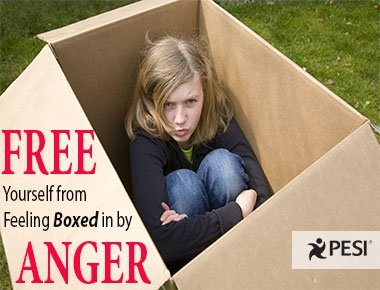
Free Yourself from Feeling Boxed in By Anger
Free strategy from the Letting Go of Anger Card Deck
The following, easy to visualize, empowering metaphor can quickly help clients free themselves from feeling trapped in by anger.

Self-Regulation and Mindfulness
Simple techniques for teaching all ages
Looking for an easy way to teach young clients about self-regulation and mindfulness? Try this simple, short story from my new book, “Self-Regulation and Mindfulness: Over 82 Exercises & Worksheets for Sensory Processing Disorder, ADHD, & Autism Spectrum Disorder.”
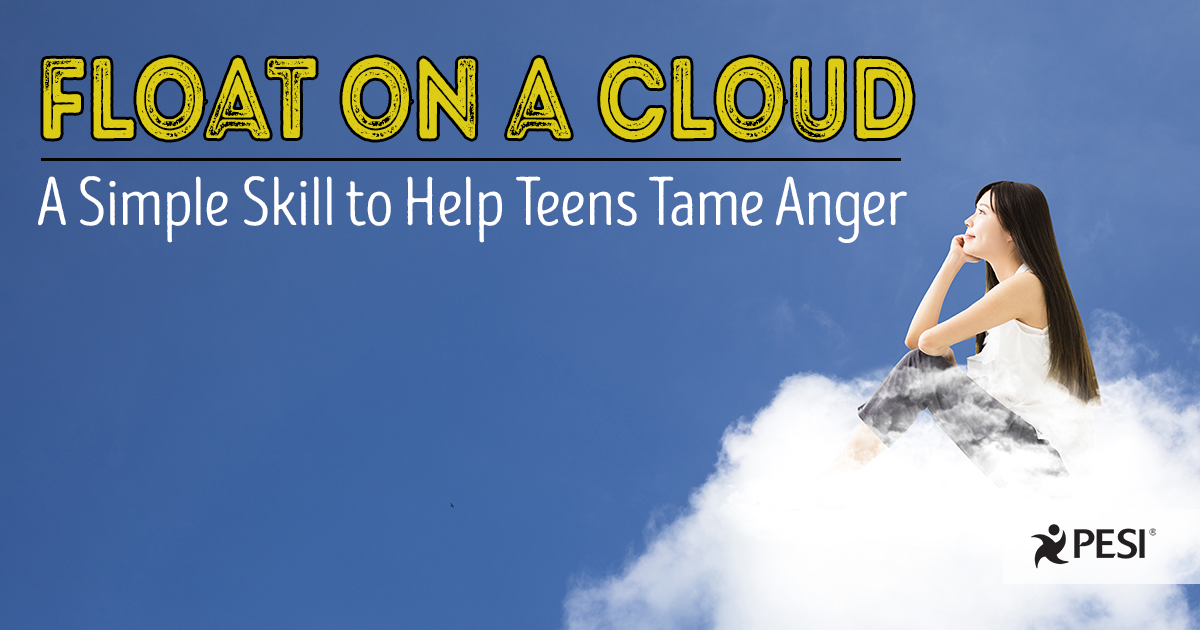
Letting Go of Anger
A simple skill to successfully manage teen anger
Float on a Cloud is a popular and highly effective tool to manage not only a teen's anger, but also those underlying, super-strong feelings felt immediately before anger such as: frustration, fear, hurt, failure, humiliation, shame, sadness, rejection, distrust, jealousy, inadequacy, and insecurity. Just follow these 4 simple steps...

Campaign to Heal Childhood Trauma
A FREE, 5-city tour explores how ACEs impact development
Don't miss this FREE, five-city, childhood trauma awareness bus tour, ending on Capitol Hill in Washington DC...

CBT Tools for Resolving Anxiety in Children & Adolescents
Two FREE worksheets you can use today
Worksheets can be engaging, interactive and useful tools for clinicians — especially when working with kids. Read more to get two FREE CBT tools for exploring anxiety with the kids in your practice.
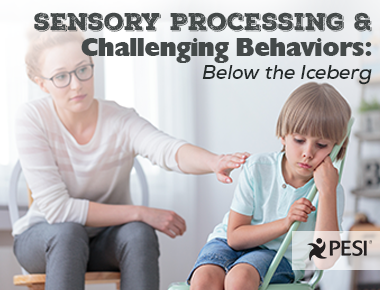
Sensory Processing and Challenging Behaviors: Below the Iceberg
When we practice personalized attunement, we are better able to manage the inevitable dynamic shifts in a child’s receptivity, mood states, and availability for learning. Let me show you how this strengthens relationships...
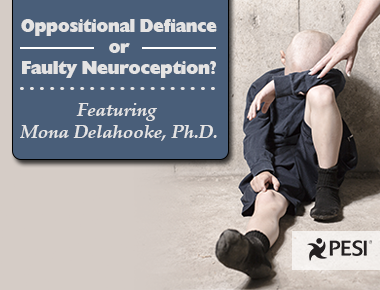
Oppositional Defiance or Faulty Neuroception?
Over the years I have come to believe that oppositional defiant disorder (ODD) is not a label that should be used to describe young children. As a developmental psychologist, I view oppositional defiance as a child’s response to stress. Viewing children’s challenging behaviors on a continuum of stress and stress recovery reveals a whole new way to think about this stigmatizing disorder, as well as a new way to support children, informed by neuroscience.
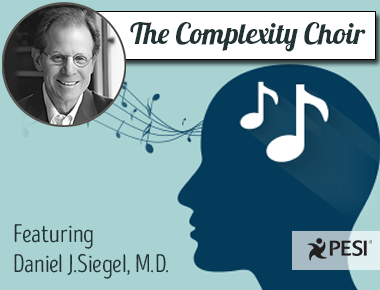
The Complexity Choir
I've come to believe that integration is the key mechanism beneath both the absence of illness and the presence of well-being. Integration -- the linkage of differentiated elements of a system -- illuminates a direct pathway toward health. It's the way we avoid a life of dull, boring rigidity on the one hand, or explosive chaos on the other. We can learn to detect when integration is absent or insufficient and develop effective strategies to promote differentiation and then linkage.
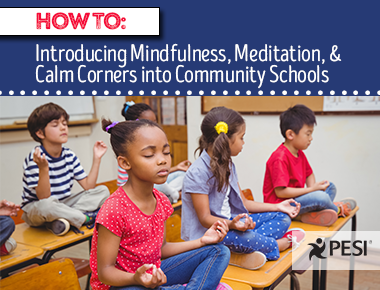
Introducing Mindfulness, Meditation, and Calm Corners into Community Schools
Schools are witnessing the benefits of bringing mindfulness practices into education as a strategy for promoting social and emotional learning among students. Check out these easy ways to integrate mindfulness routines for classrooms.
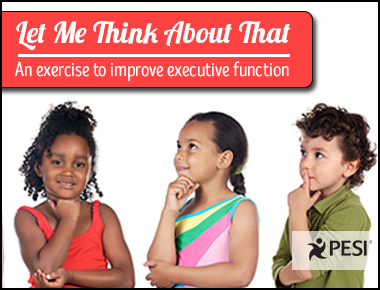
Let Me Think About That
An exercise to improve executive function
It’s helpful for children to have a strategy to think about an activity or action before they do it. Building “time to reflect” as well as “intent to act” into the thinking process is empowering. This worksheet provides an opportunity for the child to explore the parts of a task, the plan of action to complete the task and the steps to revise their approach in the future.

